Premium Only Content
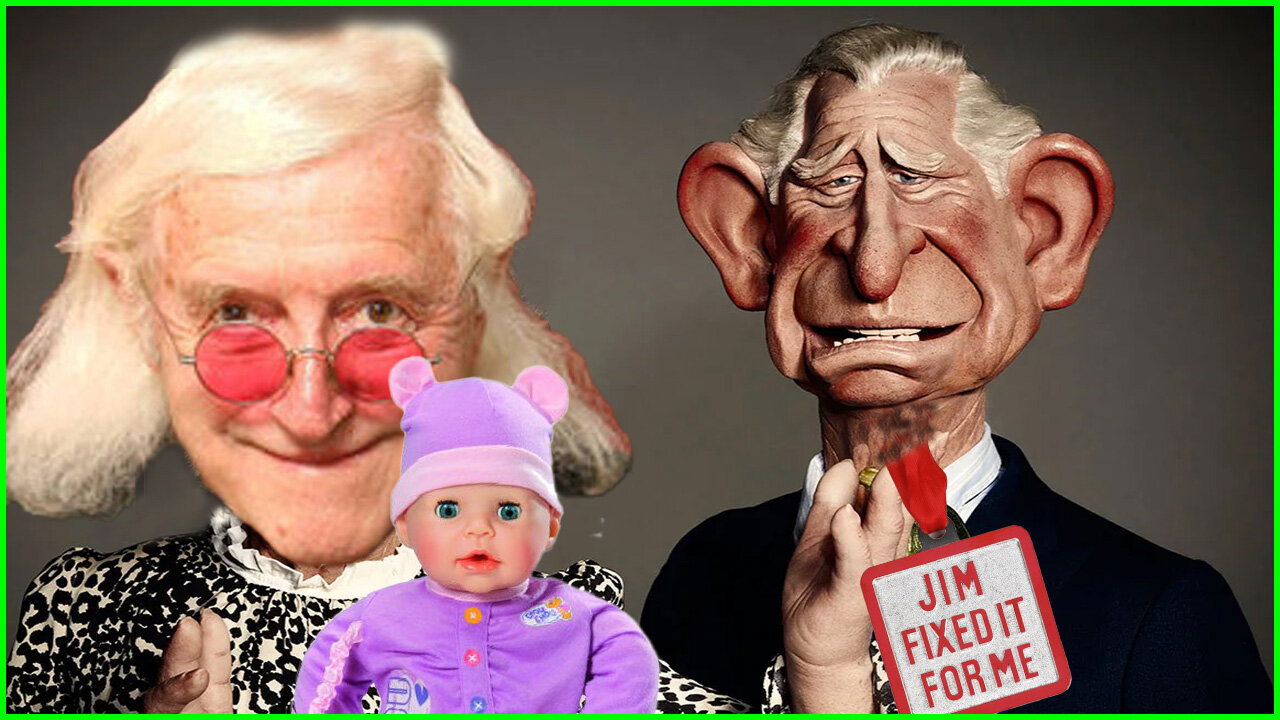
'The King Who Never Spoke' (1980) Short Story by John le Carré
John le Carré's short story, 'The King Who Never Spoke', is a metaphorical and thought-provoking tale, blending elements of allegory with the author's characteristic themes of power, silence, and intrigue. While less widely discussed than his espionage works, the story carries a poignant message about authority, restraint, and human nature.
Summary: The story revolves around a mythical king who chooses never to speak, ruling his kingdom with silence. His silence is not born of inability but a deliberate act of wisdom and control. The king’s refusal to utter a word creates an aura of mystery and reverence around him, making his presence both feared and respected.
The Court’s Reaction: The king's silence profoundly impacts his court and subjects. Ministers, courtiers, and advisors interpret his silence in various ways, projecting their hopes, fears, and ambitions onto him. Some view him as an enigmatic genius, while others see him as a dangerous enigma. The silence forces them to introspect and act based on their perceptions of his will, often revealing more about themselves than the king.
The Conflict: Tensions arise as some factions in the kingdom grow restless with the king’s silence. They demand words, proclamations, or decisions to validate their agendas. However, the king remains steadfast, letting his silence serve as both his shield and his sword.
The Turning Point: The story reaches its climax when a foreign emissary or challenger confronts the king, attempting to provoke him into breaking his silence. The king’s response, or lack thereof, becomes the ultimate test of his power and the effectiveness of his rule.
Themes and Resolution: The story concludes with an exploration of the consequences of the king’s silence. While his restraint preserves his mystique and authority, it also leaves his kingdom vulnerable to interpretation, chaos, and manipulation. The tale raises questions about the balance between action and inaction, speech and silence, and the burden of leadership.
Key Themes: Power and Silence. The king’s silence symbolizes restraint and the power of ambiguity. It forces others to act without direct guidance, highlighting the psychological and political influence of unspoken authority.
Human Nature: The story examines how people project their desires and fears onto authority figures when communication is absent. It reveals the fragility of human interpretation and the consequences of unchecked assumptions.
Leadership and Responsibility: The king’s silence raises questions about the role of a leader: Is it better to act and risk error or to remain silent and risk misunderstanding?
Conclusion: The King Who Never Spoke' is a nuanced exploration of the 'complexities of leadership and the human condition. Through the allegorical tale, le Carré delves into timeless questions about authority, communication, and the delicate balance of power. The story resonates as a critique of modern politics and a meditation on the enigmatic nature of leadership.
-
 6:25:28
6:25:28
vivafrei
9 hours agoD.C. Gulag Jan. 6 Prisoners Release Watch!
179K89 -
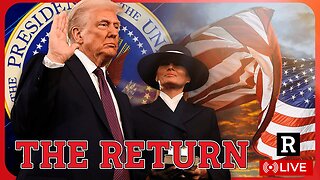 1:49:14
1:49:14
Redacted News
8 hours agoTrump is Back! Congress Uncovers New Biden Crimes One Day After He Leaves D.C. | Redacted
164K229 -
 2:09:53
2:09:53
Benny Johnson
8 hours ago🚨President Trump LIVE Right Now Making MASSIVE Announcement At White House News Conference
287K361 -
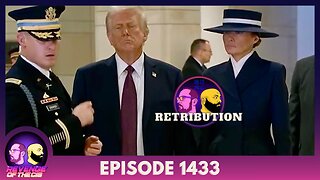 2:04:10
2:04:10
Revenge of the Cis
9 hours agoEpisode 1433: Retribution
123K20 -
 1:42:50
1:42:50
The Criminal Connection Podcast
13 hours ago $0.94 earnedEddie Hearn talks JOSHUA vs FURY, Working With Frank Warren & The Truth About Turki Alalshikh!
56.2K2 -
 1:00:25
1:00:25
In The Litter Box w/ Jewels & Catturd
1 day agoGolden Age | In the Litter Box w/ Jewels & Catturd – Ep. 724 – 1/21/2025
149K74 -
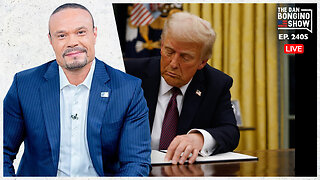 57:42
57:42
The Dan Bongino Show
16 hours agoHE'S BACK! (Ep. 2405) - 01/21/2025
1.41M2.53K -
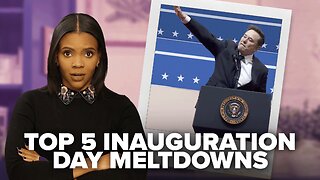 46:19
46:19
Candace Show Podcast
10 hours agoUH-OH! Elon’s Viral Salute Steals The Inauguration Show | Candace Ep 136
157K440 -
 8:05:01
8:05:01
hambinooo
14 hours agoNO COMMIE TUESDAY
99.9K3 -
 2:08:37
2:08:37
The Quartering
11 hours agoTrump Ends Online Censorship, Foreign Aid, Frees J6 Hostages & Much More In Day 1
139K56